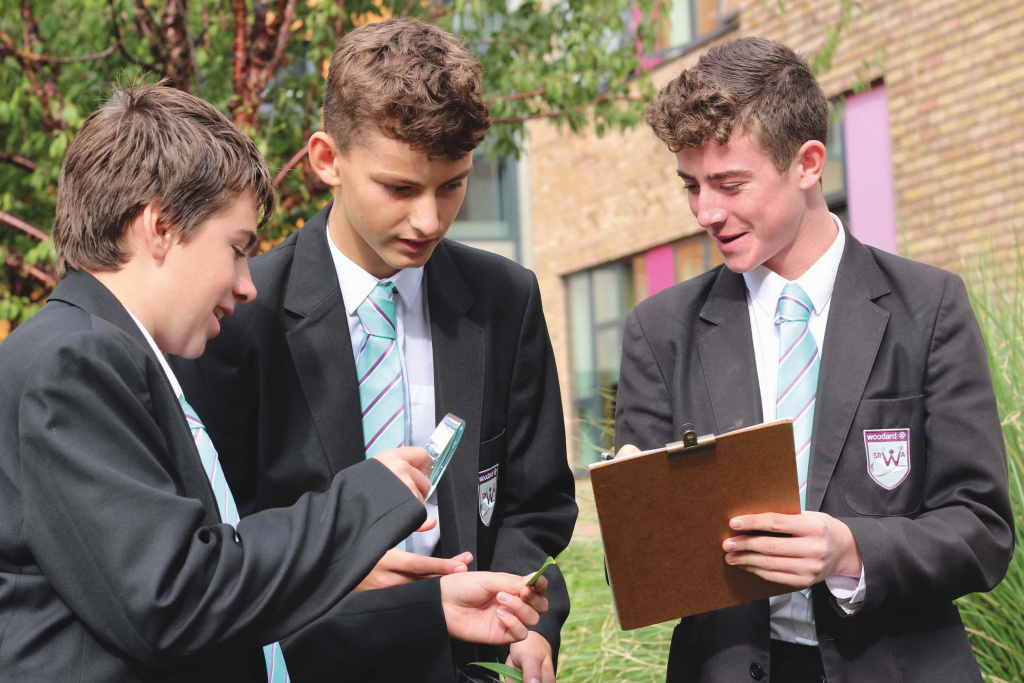
Flexible Subjects
Certain subjects are less constrained by standardised frameworks and programs of study, and therefore can become the perfect place to ensure the explicit teaching of climate change, sustainability and the environment, offering schools a chance to deliver dedicated lesson time to help equip pupils with the knowledge, skills, values and attitudes needed to act as agents of change. PSHE, Religious Education, Philosophy and Ethics, and Citizenship, for example, all offer a degree of flexibility within planning, and can all be delivered with the climate crisis, nature-connectedness and sustainability at its heart.
The climate crisis affects us personally and socially; it affects our health and well-being, and has huge economic and financial implications; how countries are governed – its systems and public participation – have a direct impact on the ability to manage and lower carbon emissions; and the moral debate of responsibility and stewardship, over-consumption and exploitation lies at its very core.
The PSHE Association in the UK explains how Personal, Social and Health Education is “a chance to give every child and young person an equal opportunity to develop the skills and knowledge they need to thrive now and in the future. This includes helping them to deal with critical issues they face every day such as friendships, emotional wellbeing and change. And giving them a solid foundation for whatever challenging opportunities lie ahead, so they can face a world full of uncertainty with hope.”
We know the main challenge that lies ahead for pupils: that the Earth is about 1.1°C warmer than it was in the 1800s, plus that we are not on track to meet the Paris Agreement target to keep global temperature from exceeding 1.5°C above pre-industrial levels – the upper limit considered by scientists to avoid the worst fallout from climate change.